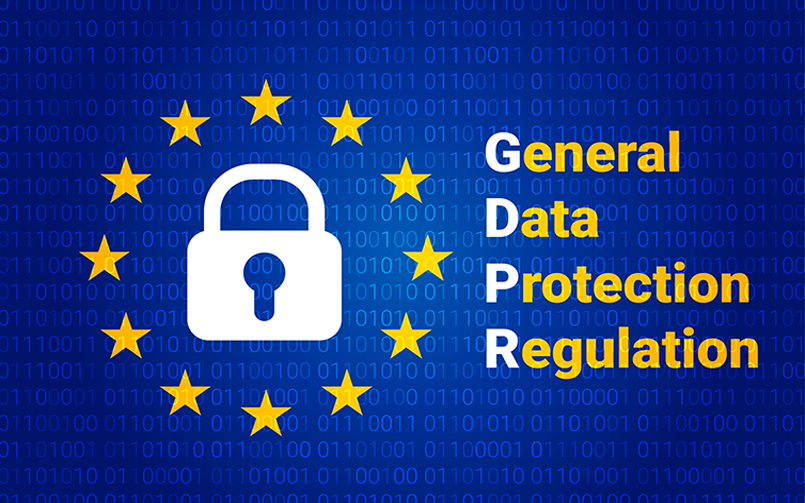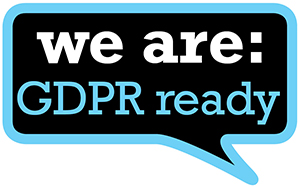
After four years of debate in European Parliament, GDPR was approved in April 2016. With its announcement, companies across Europe braced for the impact of stricter data privacy regulations.
The impacts of the new regulation have been far-reaching. It’s widely seen that digital marketing has taken a hit, whilst there’s never been a better time for direct mail marketing. We’ll explain its impact on marketing, and why GDRPR presents such a huge opportunity for direct mail marketing.
What Is GDPR?
The General Data Protection Regulation was introduced in May 2018 to bring stricter laws for protecting personal data. The law was brought in to replace the Data Protection Directive 95/46/EC.
The regulation states that no personal data may be processed unless it is done under a lawful basis, whereby the interests of the data controller and data subject are balanced. For instance, companies are no longer able to send emails to customers if they have not given opt-in consent.
GDPR applies across the whole of Europe. However, each individual country can make its own small changes. The law has dramatically changed the way in which companies are allowed to process personal data and use it for marketing purposes.

GDPR's Impact On Digital Marketing
The Internet and social media have had a thorough effect on the way personal data is recorded. For everything we do online, we leave a digital footprint. This digital data has become so valuable to companies that in 2017, the Economist dubbed data as ‘the world’s most valuable resource’.
GDPR has undoubtedly had an impact on data use in digital marketing, as companies have to be incredibly careful in the way they communicate with people online. Under GDPR, companies must have explicit consent to contact any consumer online. Companies must be able to provide evidence of an individual ‘opting-in’ to receive communications, rather than by default. This means companies can no longer bombard contacts in their database with email promotions and the like, without consent.
If unconsented communications are continued, companies can be fined 4% of their annual turnover for breaking GDPR law.
GDPR And Direct Mail
When it comes to GDPR rules and regulations concerning communication, direct mail is a different story.
“Do you need explicit, opt-in consent from recipients to send them direct mail?
The answer is generally no. Companies sending direct mail are able to do so on the basis of legitimate interest. This essentially means that you’re able to use people’s data in ways they would reasonably expect, with little impact on their privacy, and whereby people would not be surprised or likely to object to the communication.
For example, if someone has previously purchased a product from your website, they would not be surprised to receive a direct mail piece through their door advertising your newest product range. Their previous purchase signals legitimate interest. Likewise, you’d be able to send direct mail if someone has opted-in to your email newsletter, as they have demonstrated their interest.
GDPR is very different for direct mail than digital marketing, as it moves the responsibility to the marketer. Direct mail does not require consent, but instead requires a judgement of legitimate interest.
GDPR has given direct marketing an advantage over digital marketing, but due to the nature of strict data processing rules, it’s often beneficial to outsource your direct marketing to a mailing house that specialises in direct mail services With in-house data services they can help to ensure your mailshot campaigns are GDPR compliant.
The Resurgence Of Direct Mail
GDPR compliance isn’t the only reason more and more companies are turning to direct mail services to get across their message.
According to the Direct Marketing Association, direct mail has a 43% increase in customer responses, whereas 51% of e-mails get deleted in the first two seconds of being delivered. Individuals that have engaged with a product or service online are more likely to be willing to accept mail pieces.
Particularly with modern direct mail personalisation technology like variable data printing, direct mail campaigns can often prove to be more effective than email campaigns. If you need help navigating your direct mail advertising campaign through GDPR, we’d love to be part of your next campaign. Our in-house data management services and experience in mailing mean we can tailor a GDPR-proof direct mail campaign with maximum ROI for your company.
If you’re interested in Snapmail being part of your next direct mail campaign, contact us for a free quotation with one of our experts.

